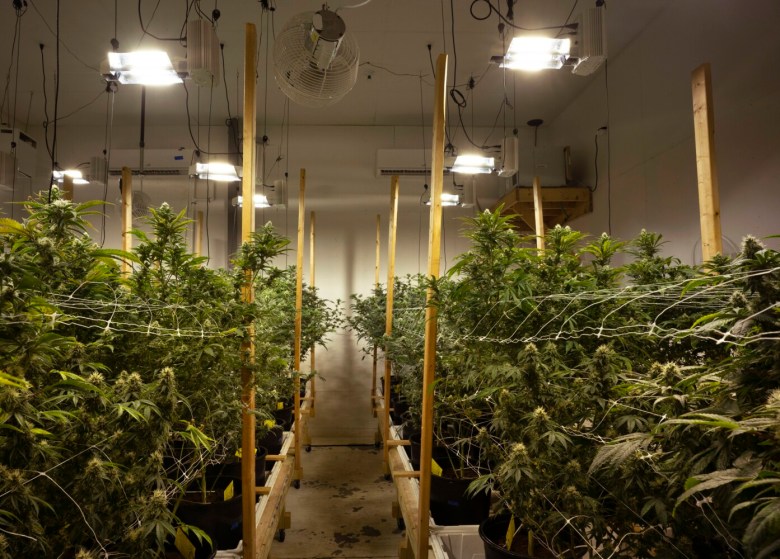Maine’s recreational cannabis market is experiencing a significant shift as sales begin to plateau, marking five years since legalization. According to the state’s Office of Cannabis Policy, total recreational cannabis sales increased from $82 million in 2021 to approximately $217 million in 2023. However, the growth rate is slowing, with projections indicating a modest $248 million for 2024, representing the smallest year-over-year increase since the market’s inception.
The latest data reveals that Maine’s cannabis industry reached its peak in 2022, generating nearly $244 million. As of September 2023, sales totaled just under $186 million across 225 retail stores. John Hudak, director of the Office of Cannabis Policy, stated that the market’s maturation is evident as supply begins to catch up with demand. “What you’re seeing is explosive growth at the outset, which you would expect from a new industry,” Hudak explained.
Market Dynamics and Economic Pressures
Despite the overall growth, industry advocates express concern over the implications of declining sales. Paul McCarrier, a board member of the Maine Cannabis Union, emphasized that both producers and consumers are facing broader economic challenges. Rising costs for electricity, water, and labor have strained small cannabis growers. McCarrier warned that these economic conditions could favor larger corporate entities, potentially squeezing out smaller, local businesses.
“None of this is happening in a vacuum,” he said. “People have less disposable income, and if you’re not able to run a leaner operation and you’re over-leveraged, you’re not going to be able to survive in these low periods.”
The concentration of dispensaries in southern and western Maine further underscores the market’s dynamics. Cumberland and York counties accounted for approximately 60% of all recreational cannabis sales, likely benefiting from visitors from neighboring New England states.
Regulatory Concerns and Future Outlook
In recent years, safety concerns regarding cannabis products have emerged. Maine has issued multiple recalls for moldy pre-rolls within the adult-use market. Lawmakers continue to explore ways to enhance regulations, though advocates warn that such measures may hinder smaller businesses trying to navigate a challenging landscape.
Despite these challenges, Hudak remains optimistic about the industry’s health. “I think some people look at (the data) and feel some sense of distress, but in reality what you’re seeing is a maturing market,” he stated.
As Maine’s recreational cannabis industry celebrates its five-year anniversary, the trajectory ahead remains uncertain. The balance between supply, demand, and economic pressures will play a crucial role in shaping the future of this evolving market.





































































